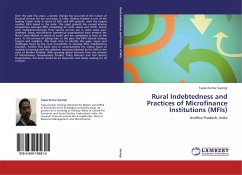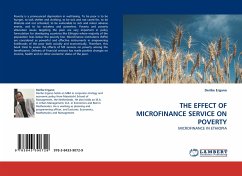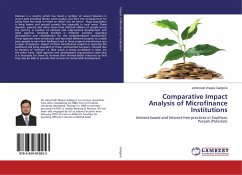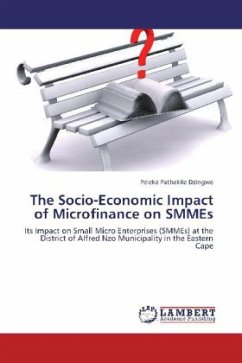Microfinance Institutions (MFIs) claim to use the tool of microfinance to eradicate poverty. They assure that the financial situation of each of the borrower will be financially improved. In this mechanism, a tiny amount of loan is given for a specific period of time and borrowers are required to repay the loan with interest on weekly basis in the form of installments. This study is designed to investigate whether or not borrowers financial conditions have improved through microfinance. The effect of microfinance on borrowers is examined by conducting a survey. Descriptive statistics and Binary Logistic Regression Model have been employed to validate the research. MFIs claim that they are successful in eradicating poverty but the result of this study has proven otherwise. The majority of the respondents have confirmed that their financial situation did not improve. On the contrary, their income level has reduced. Besides the income reduction, the result of this study shows that MFIs has a negative impact on the socio-economic welfare of the people.
Bitte wählen Sie Ihr Anliegen aus.
Rechnungen
Retourenschein anfordern
Bestellstatus
Storno








